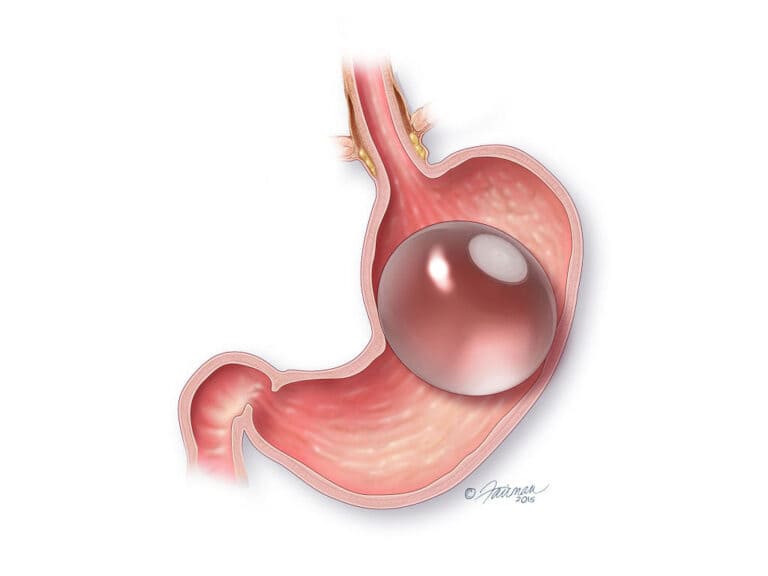
DEPARTMENTS
Welcome to the Best Gastrointestinal Surgery Hospital in Pimpri Chinchwad (PCMC)

Gastrointestinal (GI) surgeries are among the most common procedures performed to address a wide range of issues affecting the digestive system. These surgeries are crucial for treating conditions that affect the stomach, intestines, esophagus, liver, pancreas, and gallbladder. At Brahm Chaitanya Super Speciality Hospital in Pimpri Chinchwad (PCMC), our expert surgeons are dedicated to providing the highest level of care, ensuring that every patient is well-informed and comfortable throughout their surgical journey.
Gastrointestinal surgeries encompass a variety of procedures designed to treat diseases and disorders of the digestive system. These can range from minimally invasive laparoscopic surgeries to more complex open surgeries, depending on the patient’s condition. Common conditions that may require GI surgery include:
Preparation is key to a successful surgery and recovery. At Brahm Chaitanya Super Speciality Hospital, our team of healthcare professionals will guide you through every step, ensuring you are well-prepared for your procedure.
Your recovery plan will be tailored to the type of surgery you have undergone. Here’s what you can generally expect:
At Brahm Chaitanya Super Speciality Hospital, we are committed to delivering exceptional care with a patient-centered approach. Our team of experienced surgeons, skilled nurses, and dedicated support staff work together to ensure the best outcomes for our patients. We utilize the latest surgical techniques and technology to minimize recovery time and enhance the overall patient experience.
Whether you require a routine procedure or a more complex surgery, you can trust that you are in capable hands at Brahm Chaitanya Super Speciality Hospital. Our goal is to provide you with the highest level of care and support, ensuring a smooth and successful recovery.
If you have any questions or concerns about gastrointestinal surgeries or would like to schedule a consultation, please do not hesitate to consult our Expert Dr. Deepa Kulkarni (General / Laparoscopic / Hernia Surgeon & Breast Specialist ) for a proper diagnosis and treatment plan. We are here to support you every step of the way.
GI surgeries are procedures performed on the digestive tract, including the esophagus, stomach, intestines, liver, gallbladder, and pancreas, to treat conditions like hernias, tumors, or digestive disorders.
GI surgery is recommended when medications or non-invasive treatments fail, or in emergencies like appendicitis, bowel obstruction, or cancer.
Yes, laparoscopic surgery offers smaller incisions, less pain, quicker recovery, and fewer complications, but the approach depends on the condition and patient’s health.
Recovery time varies. Minor laparoscopic procedures may require 1–2 weeks, while major surgeries like bowel resection may take 4–6 weeks or longer.
Yes, most patients need a soft or liquid diet initially. Gradual reintroduction of solid foods depends on the surgery and healing progress.
Yes, they are generally safe with skilled surgeons and proper hospital care. As with any surgery, there are risks like infection or bleeding, but complications are rare.
Look out for fever, severe abdominal pain, persistent vomiting, redness or discharge at the incision site, or difficulty passing stool — and consult your doctor immediately if they occur.
Established by trusted doctors with 25+ years in Pimpri-Chinchwad, Brahm Chaitanya Hospital brings you world-class healthcare.